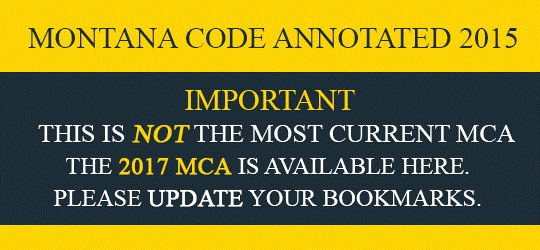



46-23-1024. Initial hearing after arrest. (1) After the arrest of the parolee, a hearing must be held within a reasonable time, unless:
(a) the hearing is waived by the parolee; or
(b) the parolee has been charged in any court with a violation of the law.
(2) The hearing is an onsite hearing and must be held to determine whether there is probable cause or reasonable grounds to believe that the arrested parolee has committed acts that would constitute a violation of parole conditions. An independent officer, who need not be a judicial officer, shall preside over the hearing. The hearing must be conducted at or reasonably near the place of the alleged parole violation or arrest and as promptly as convenient after arrest. The parolee must be given notice of the hearing and must be allowed to appear and speak in the parolee's own behalf and introduce relevant information to the hearings officer.
(3) The hearings officer shall make a summary of what transpires at the hearing in terms of the responses and position of the parolee and the substance of the documents or evidence given in support of parole revocation. Based on the information given to the hearings officer, the hearings officer shall determine whether there is probable cause to hold the parolee for the final decision of the board of pardons and parole as provided in 46-23-1025.
History: En. Sec. 18, Ch. 153, L. 1955; Sec. 94-9838, R.C.M. 1947; amd. Sec. 1, Ch. 140, L. 1973; redes. 95-3220 by Sec. 29, Ch. 513, L. 1973; Sec. 95-3220, R.C.M. 1947; amd. and redes. 95-3308 by Sec. 13, Ch. 333, L. 1975; amd. Sec. 63, Ch. 184, L. 1977; R.C.M. 1947, 95-3308(2); amd. Sec. 234, Ch. 546, L. 1995; amd. Sec. 6, Ch. 505, L. 1999.
